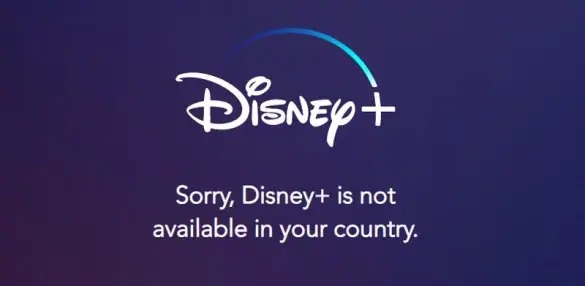
VPNs to bypass the geographical blockage, pros and cons of these tools
Today, the need is increasingly felt in the level of being able to surf the Internet without its geographical position influencing what one can access or not.
The computer tools used to meet this need include the VPN. Today, however, the most relevant to the needs of Internet users is becoming increasingly scarce.
This article will also interest you: These VPN networks that have not kept their promises to their users
It should be noted that the VPN (Virtual Private Network) private virtual network allows the user to connect by logging around a geographical position from our space, because the tool relocates the IP address by transiting it through various servers located all over the world.
Today the VPN has become democratized, utility varies according to sectors and needs. Yet they are still interested to know if it is appropriate to use it at any time. For example in the context of work?
Jean-Marc Bourguignon, a computer security specialist who is also a trainer and co-founder of Nothing To Hide (Association whose goal is to provide courses on distance learning safely) responds to the problem in the negative. He states: "The value of using a VPN without having sources to protect or professional login credentials is limited, if any (…) And the argument that a VPN is essential when connecting to a public Wi-Fi serves to legitimize the subscription to consumer VPN services… without this model of threat to the all-coming still really exists."
Moreover, it should be mentioned the fact that in the past private virtual networks have been at the heart of several problems several times because of their unreliability. For example, in 2015, through research by cybersecurity researchers, it was discovered on several VPNs, security vulnerabilities that allowed to collect important information such as users' IP addresses. Already in 2018, 115 VPN networks were accused of collecting and keeping their user's personal data as well as the sites visited by them as reported by the French newspaper Figaro.
"The security problem is actually being deported from web browsers to VPN providers of which little is generally known," explains Jean-Marc Bourguignon.
Last July, seven Hong Kong-based private virtual network providers were still accused of disclosing personal information of its users, including IP addresses, login credentials, passwords and payment-related information.
The usual advice in the area is clearly to avoid the best VPNs offered free of charge. Because, their remuneration, as we know, draws on the collection and provision of the personal data of Internet users. On the other hand, there are services that offer total encryption that allow users to protect their data without forgetting that they do not store it. These include NordVPN, Surfshark, ProtonVPN.
In addition, the usefulness is that VPN can be conceded and allowed to circumvent the geographic blockage. In some states, such as China, where Internet access is controlled with an iron fist by the government, Private Virtual Networks allow access to content that is in fact prohibited in the particular geographical location. This is also the case with the famous streaming channels Netflix, or Disney – where content varies depending on the geographical location. In this context VPN use will fit into a somewhat illegal framework. "VPNs also come to find a lesser-known use for more attractive prices online. Airfare booking sites may, in some cases, vary their prices depending on the country. The VPN will also prevent a user from being recognized during a second visit of a site, and to see prices fluctuate according to his interest in a particular booking. Again, these tools find a specific and strictly delineated use. Elsa Trujillo, BFM Tech Journalist.
As computer tools, their values and some but you will have to be careful.
Now access an unlimited number of passwords:
